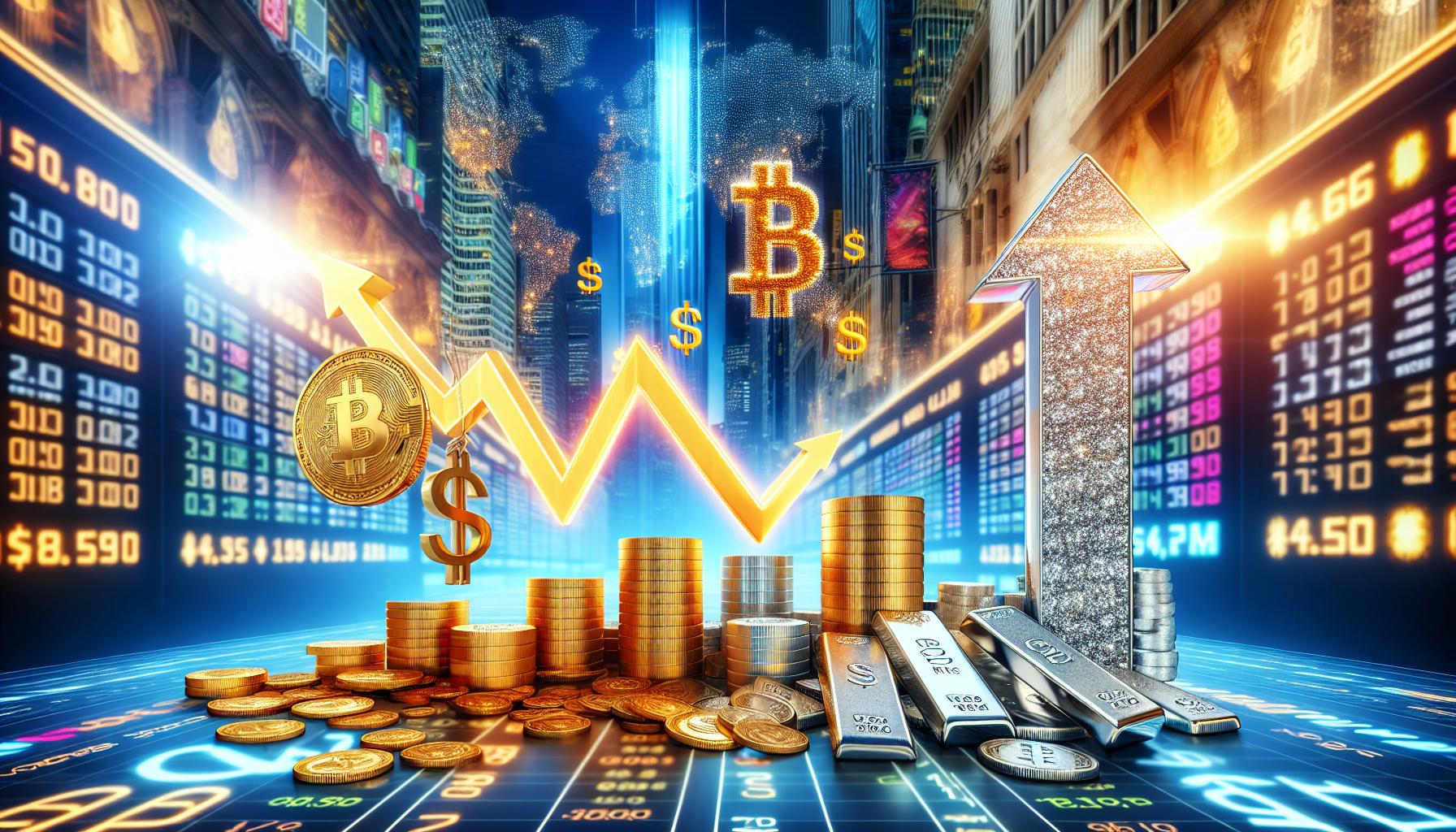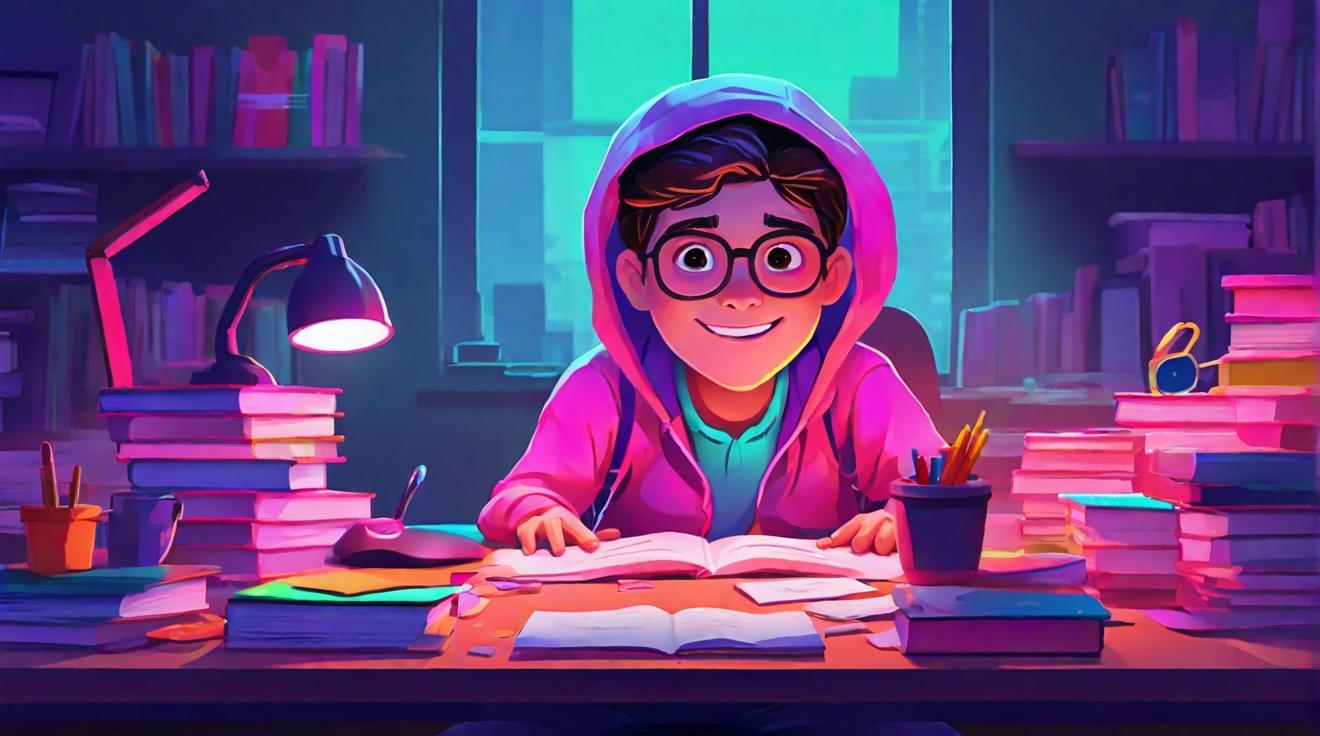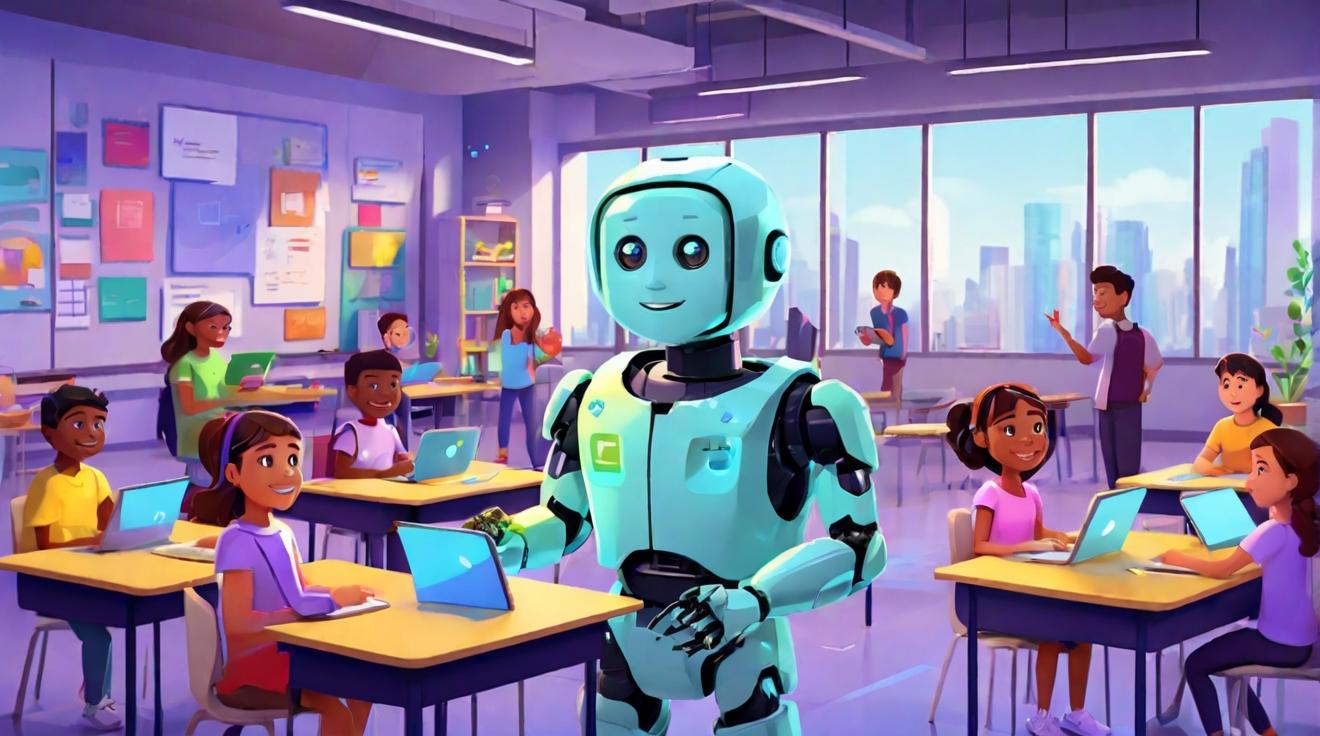YouTube Faces Challenges in Russia Amid Censorship
Understanding the Situation
In Russia, YouTube has become a critical platform for freedom of expression, especially after the suppression of independent media. Many Russians rely on it for alternative viewpoints and to hear from opposition figures. However, recent incidents have raised concerns about its future availability.
Reported Slowdowns
Russian internet services noted widespread outages and slowdowns of YouTube, owned by Google. Some Russian lawmakers blame Google's alleged failure to update its infrastructure due to geopolitical tensions since 2022. Yet, both Google and tech experts refute these claims, suggesting other motives might be at play.
Implications of Blocking YouTube
Blocking YouTube could severely impact the online freedom of speech in Russia. It is a significant source of information for over 50 million Russians daily, and any restrictions could harm thousands of content creators who depend on the platform for their livelihoods.
Political and Technical Blame
The Russian government desires Google to unblock Russian state media from YouTube and has imposed fines for not removing content deemed illegal. Lawmakers have hinted at intentional slowdowns to coerce compliance, while Google cites no technical failures on their side.
The Role of TSPU in Censorship
Russia employs a decentralized censorship system called TSPU, which lacks transparency and is controlled by Roskomnadzor, the state communications regulator. This system plays a part in managing internet traffic and restricting access to certain platforms.
The Impact of VPN Usage
Many Russians use VPNs to bypass internet restrictions, redirecting traffic through unregulated routes, which could strain the national internet infrastructure further.
Potential Shift to Domestic Platforms
The Russian government encourages users to transition to domestic platforms like VK Video. However, VK Video's algorithm does not yet compete with YouTube's efficiency. Political content creators may find themselves without a suitable platform if forced to move.
The Broader Impact
Experts worry that fully blocking YouTube could overload Russia's internet, causing broader connectivity issues. The situation reflects the tension between maintaining control and managing technological consequences.













